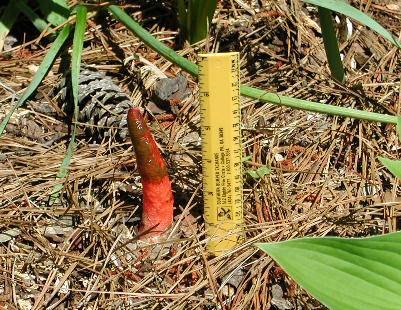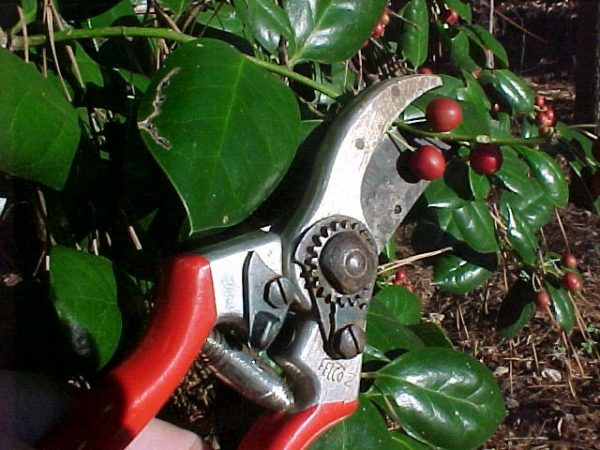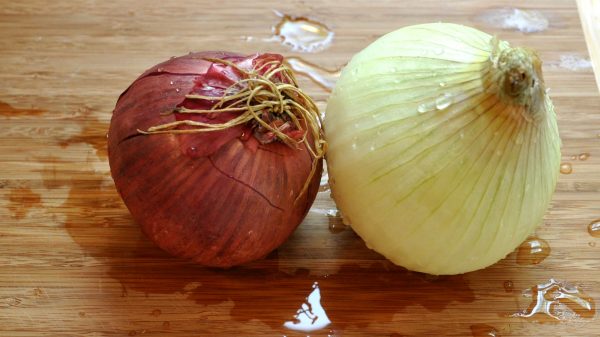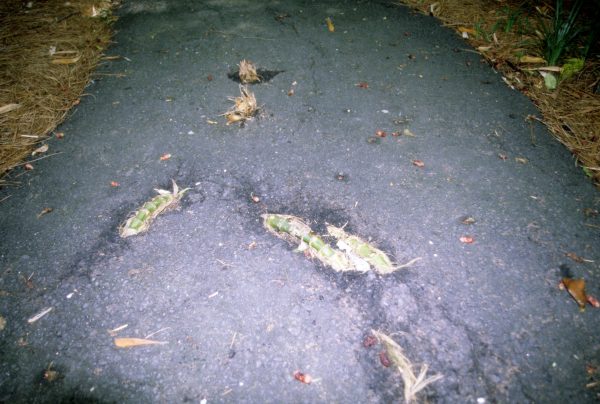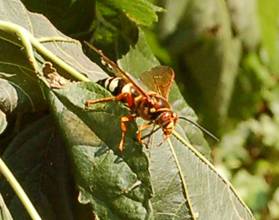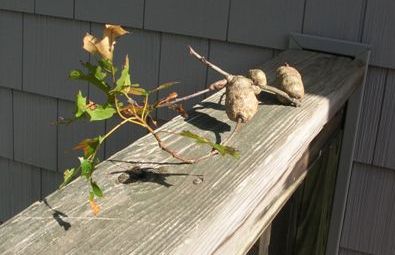Pesticide – Degradation in Water
Q: Several weeks ago you wrote about the half-life of insecticides after application. I assume that the same breakdown occurs in herbicides. Does the degeneration occur after mixing, or only after application? I have been mixing Roundup(tm) in five gallon containers and using it a gallon or so at the time. I noticed that the last application did not seem very effective.
A: Your intuition is correct – there IS a consequence to storing the diluted glyphosate (Roundup, etc.) and using it as you need it.
One of the reasons glyphosate has such a good safety record is that the molecule is “polar”. Like a bar magnet, one end is negatively charged and the other end is positively charged. Since soil particles are also charged, the chemical, once applied, sticks to them. Bacteria and fungi are then able to make a meal of the chemical and break it down further.
Tap water, though, has a high pH: usually 8.0 to 10.0. Its alkalinity causes the glyphosate molecules to break apart within a few days. Conversely, in acid water, glyphosate is much more stable. Other pesticide molecules may act similarly.
The upshot? Mix just as much pesticide as you need immediately; don’t store it for future use.



